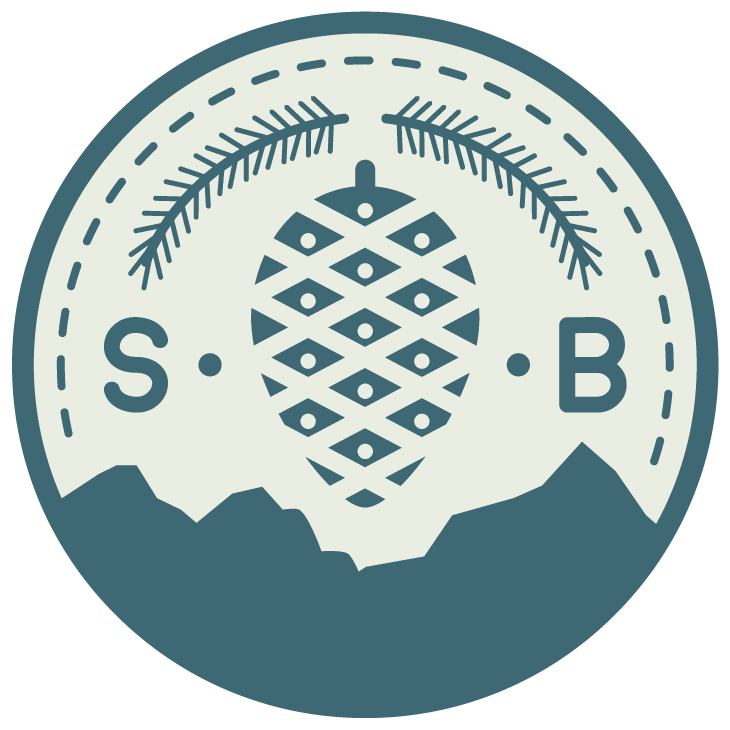Beerlandia: Jinjiu (劲酒)
Let me tell you about jinjiu. Although it weighs in at a hefty 35%, in China, it’s strictly medicinal. Well, medicinal in the sense that it makes those who need it more…ahem…virile. Of course, one may wonder how consuming high-proof spirits would make one more…ahem…virile. When it comes to traditional Chinese medicine, don’t ask questions. You won’t find any satisfactory answers. Just drink.
Spirit: Jinjiu (劲酒)
Distillery: Chinese Jinjiu (中国劲酒)
Destination: Huangshi, Hubei, China
Style: Baijiu blended with herbs
ABV: 35.0%
Beerlandia Advisory: What do you mean I drink too much? This is medicine!
Whiskey has an inviting amber glow. Jinjiu has a darker, more syrupy appearance to it. A blend of yam, goji berry, and other traditional Chinese herbs is added to baijiu - China’s famous high-proof rice spirit - to give jinjiu its sinister brown color. This blended spirit comes in many bottle sizes, although the one you most commonly see in restaurants is about flask-sized. Perfect for stuffing in your jacket pocket for riding out unforgiving Heilongjiang winters!
Jinjiu is a medicinal elixir first and an alcoholic beverage second. The first whiff you get of the stuff reiterates this fact. There is a very overpowering scent of all-spice mixed with a strong spirit. It is not exactly inviting. Then again, people aren’t exactly waiting around with their noses in their glasses when jinjiu is involved.
“Jinjiu is a medicinal elixir first and an alcoholic beverage second.”
It’s actually quite sweet at the tip of the tongue. This sweetness is certainly artificial. It does not come from any of the alleged herbs that are used in producing jinjiu. Kind of a weird, over-exaggerated molasses. The aftertaste is somewhat smokey but, again, not in a pleasant whisky-esque manner. Shooting it down amplifies the smokiness and is a bit more tolerable than savoring the sickly sweetness for any longer than you need to.
Although it was difficult to find the exact manufacturing process for jinjiu online, I can make a decent hypothesis given its medium to heavy body and my personal experiences with traditional Chinese medicine (TCM). A lot of TCM blends are sickly sweet or bitter pastes made from blended herbs. I can imagine a similar, less chunky version of these syrups is added to the baijiu. After several sips, you begin to feel the residue of this syrup coat your mouth.
Well-liked among foreigners and elderly Chinese
Many foreigners living in China tend to not have the stomach for pure baijiu, myself included. Perhaps that’s why I’ve been putting off reviewing it (it will happen). But 3.2% beer just doesn’t cut it sometimes. Thankfully, most restaurants carry jinjiu on their shelves, even though it is most often consumed by elderly Chinese people in their homes as a sort of cure-all. Mixed with coke, it’s the perfect pre-party concoction. Considering it’s technically medicine, you needn’t worry about overindulging! Right? …right? ◉
Written by Seth Barham


